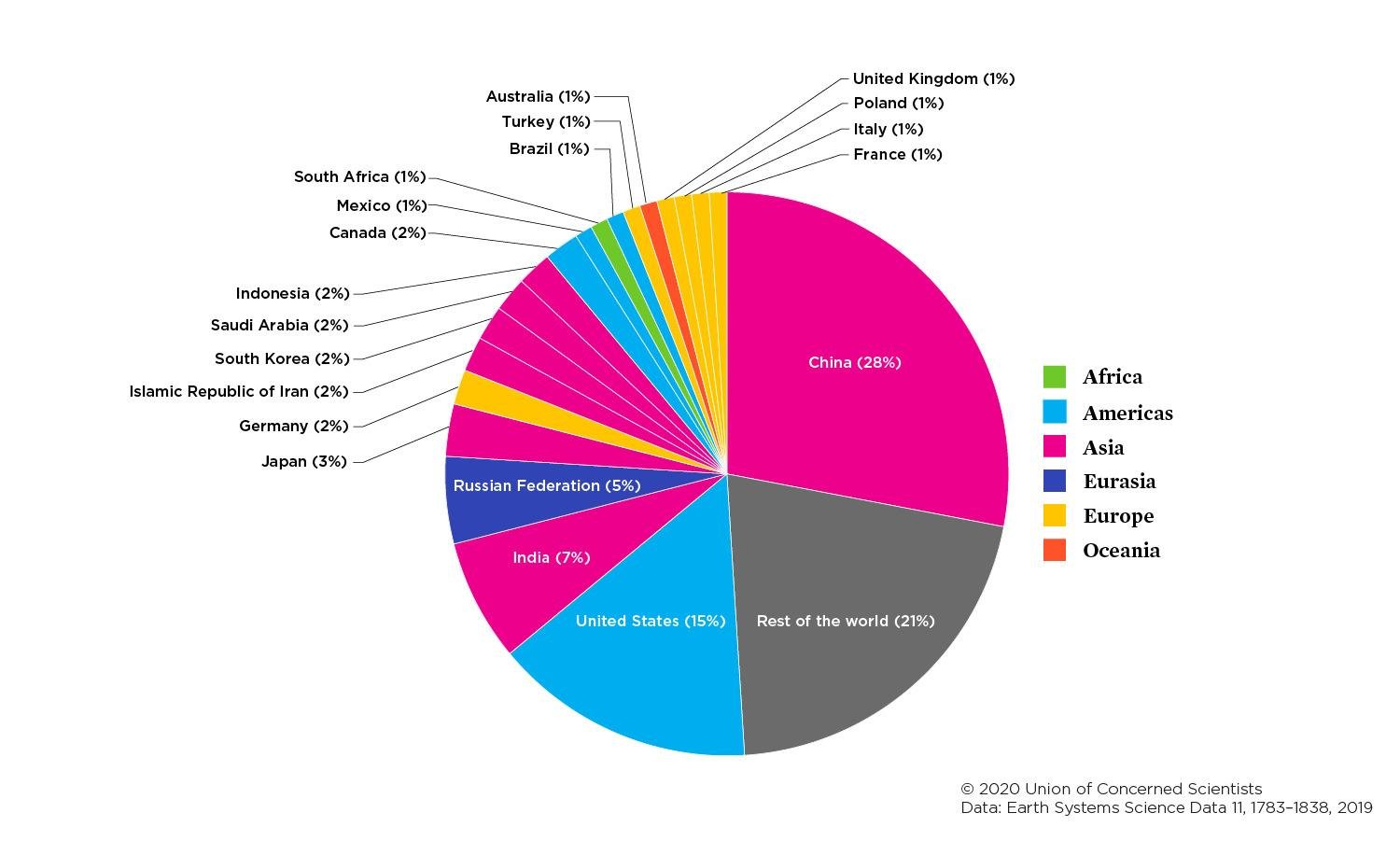In some positive news:
The City of Ottawa also released its own study about a month ago, indicating that going net-zero would cost the city billions of dollars - but would actually save the city even more billions:
So there are really no arguments left against decisive action. But watch nothing meaningful happen for another decade while politicians keep talking about the cost. (I did say positive news at the start though!)
From https://www.theguardian.com/environ...-cheaper-than-we-thought-says-climate-adviserReaching net zero carbon emissions in the UK is likely to be much easier and cheaper than previously thought, and can be designed in such a way as to quickly improve the lives of millions of people, a senior adviser to the government has said. Chris Stark, the chief executive of the Committee on Climate Change, the UK’s independent statutory adviser, said costs had come down rapidly in recent years, and past estimates that moving to a low-carbon economy would cut trillions from GDP were wrong.
“Overall, the cost is surprisingly low – it’s cheaper than even we thought last year when we made our assessments. Net zero is relatively low-cost across the economy,” he said. “But that rests on action now. You can’t sit on your hands and imagine it’s just going to get cheaper by magic.”
The City of Ottawa also released its own study about a month ago, indicating that going net-zero would cost the city billions of dollars - but would actually save the city even more billions:
From https://www.cbc.ca/news/canada/otta...-emissions-by-2050-to-cost-billions-1.5765596The new target calls for the wider community to eventually reduce emissions so that 30 years from now they are 100 per cent below 2012 levels, or "net zero." Getting there would take major retrofits of buildings and homes, and a rethink of how they're heated and cooled. It would also require congestion charges and car-free zones, and would assume all new vehicles are electric.
After four years of work on what's known as the city's "energy evolution" plan, staff have now produced a final strategy and calculated such a vision would cost $57.4 billion, or $31.8 billion in today's dollars. But the savings of those more efficient buildings and electric cars would start to offset the costs by 2032, staff report, so that by 2050, Ottawa as a whole would have saved $28.4 billion, or $2.7 billion in 2020 dollars.
So there are really no arguments left against decisive action. But watch nothing meaningful happen for another decade while politicians keep talking about the cost. (I did say positive news at the start though!)


